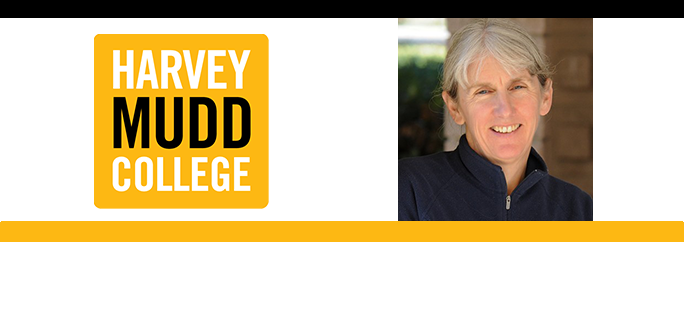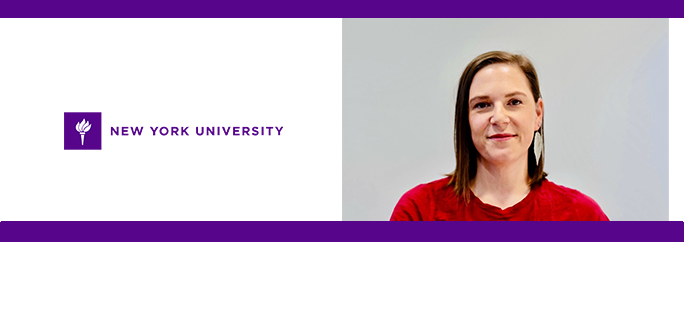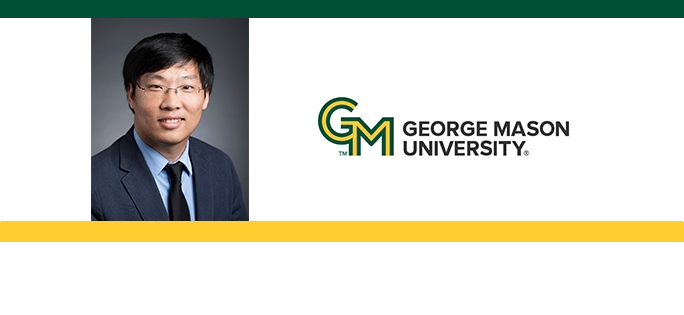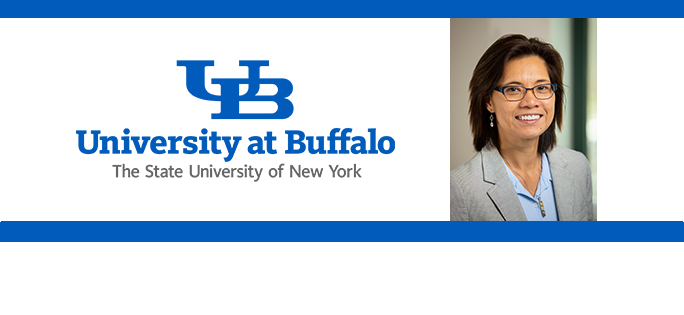Podcast: The Academic Minute
-

Catherine McFadden, Harvey Mudd College – Coral Communities of the Future
On Harvey Mudd College Week: Coral reefs are at risk, but other types of coral may flourish in the future. Catherine McFadden, Vivian & D. Kenneth Baker professor of life sciences, dives in to take a look. Catherine S. McFadden has been a faculty member at Harvey Mudd College in Claremont, California since 1991, where…
-

Bonnie Le, University of Rochester – Here’s the truth about honesty in romantic relationships
Are you honest with your romantic partner? Bonnie Le, assistant professor of psychology at the University of Rochester, explains the benefits of doing so. Bonnie Le is an assistant professor of psychology at the University of Rochester whose research focuses on how emotions and motivations shape well-being in interpersonal relationships. The goal of her research…
-

Austin Garner, Syracuse University – Fishy Friction through Microscopic Modification
Underwater organisms have things to teach us about how to keep our grip in extreme conditions. Austin Garner, assistant professor of integrative animal biology at Syracuse University, explores how. Austin M. Garner is an Assistant Professor in the Department of Biology and BioInspired Institute at Syracuse University. His research focuses on how animals interface with…
-

Sonja Molfenter, New York University – Public Awareness of Dysphagia
Not all common medical conditions are well studied. Sonja Molfenter, associate professor in communicate sciences and disorders at New York University, examines one that needs more attention. Dr. Sonja Molfenter is a clinically-trained Speech Language Pathologist whose research specializes in understanding the physiological features of both normal swallowing and disordered swallowing (known as dysphagia). Swallowing…
-

Shun Ye, George Mason University – AI Tools and Human Decision Making
AI may help us make decisions, but are they the right decisions? Shun Ye, associate professor of information systems and operations management at George Mason University, examines the outcomes. Shun Ye is an Associate professor of Information Systems and Operations Management at George Mason University’s Costello College of Business. With a Ph.D. in Management Information…
-

Will Berelson, University of Southern California, Dornsife – Urban Greenery Plays a Bigger Role in Offsetting Fossil Fuel Emissions than Expected
Trees don’t need to be in a forest to help combat climate change. Will Berelson, Paxson Offield professor of Earth Sciences, Environmental Studies and Spatial Sciences at the University of Southern California Dornsife, looks at reducing emissions in urban areas. Will Berelson is the Paxson Offield Professor of Earth Sciences, Environmental Studies and Spatial Sciences…
-

Diana Aga, University at Buffalo – Bacteria Found to Eat Forever Chemicals
We may have found an ally in our fight against PFAS chemicals. Diana Aga, Henry M. Woodburn Chair and SUNY Distinguished Professor of chemistry and the director of the RENEW Institute at the University at Buffalo, looks into this. Diana Aga is an environmental and analytical chemist. As Henry M. Woodburn Chair and SUNY Distinguished…
-

Christopher Baldassano, Columbia University – The Brain Organizes Narratives Into Meaningful Event Memories
How we experience an event may change how we remember it. Christopher Baldassano, associate professor of psychology at Columbia University, looks into our past experiences for clues. Christopher Baldassano is an Associate Professor in the Psychology Department at Columbia University. He was an undergraduate in Electrical Engineering at Princeton University, received his PhD in Computer…
-

Lee Haines, University of Notre Dame – Do Mosquitoes Harbor Viruses Without Falling Ill?
Why can mosquitoes harbor viruses without being affected while others cannot? Lee Haines, associate research professor in Medical Entomology at the University of Notre Dame, explores this. Lee Haines is a researcher with a PhD in Tropical Medicine and an MSc in Parasite Biochemistry and Microbiology, who specializes in diseases transmitted by arthropods. Her work…

